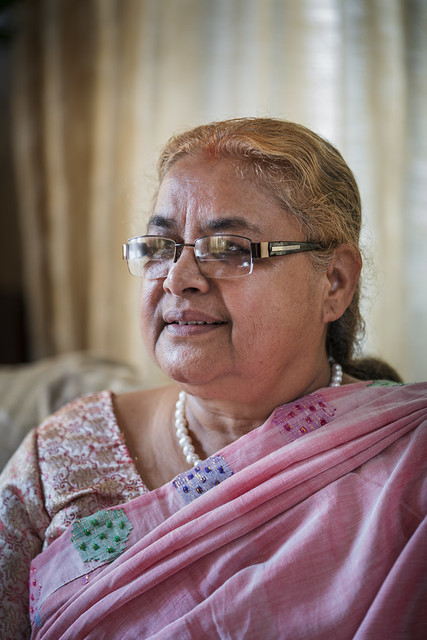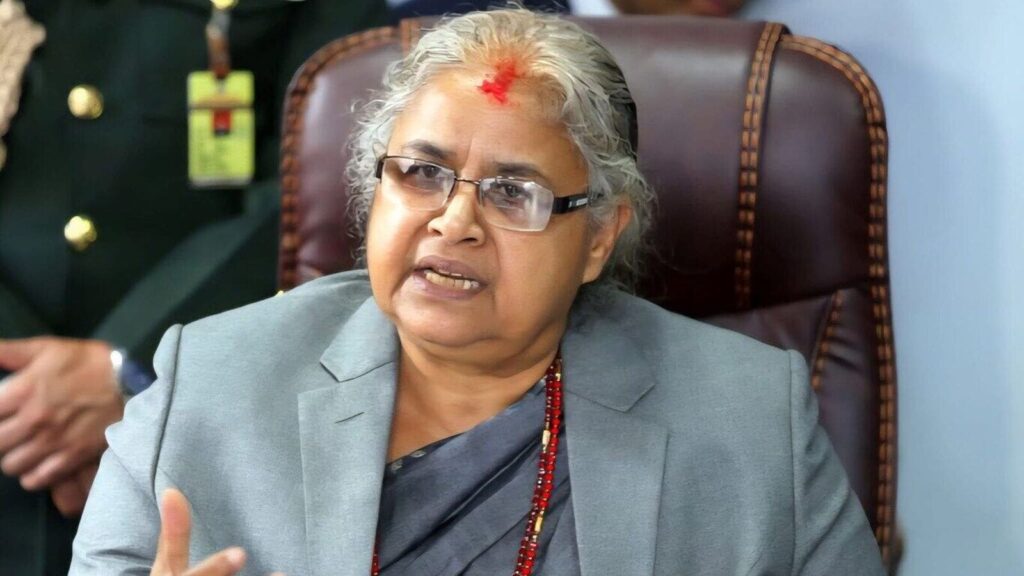In a historic and unprecedented move, Nepal’s Gen Z-led protest movement has chosen former Chief Justice Sushila Karki to lead an interim government following the resignation of Prime Minister KP Sharma Oli. The decision comes amid widespread student protests and growing public demand for political accountability.
Sushila Karki, 73, who made history as Nepal’s first female Chief Justice, is renowned for her zero-tolerance stance against corruption and her reformist approach during her tenure from July 2016 to June 2017. Alongside Karki, other names considered for the interim leadership included Kathmandu Mayor Balendra Shah and former Nepal Electricity Authority chief Kulman Ghising. Sources from Nepalese media reported that Karki’s selection was finalized during a virtual meeting organized by the Gen Z movement on Wednesday.
The political upheaval unfolded as Nepal witnessed massive protests led primarily by students, demanding accountability and transparency from the government. Prime Minister KP Sharma Oli resigned after two days of sustained demonstrations, prompting the Nepal Army to step in to restore law and order. Curfews and nationwide restrictions were imposed to stabilize the volatile situation.
According to the Secretary of the Supreme Court Bar Association, who was consulted by the protesters, the Gen Z movement specifically advocated for Karki due to her reputation for fairness and integrity in public office. “Sushila Karki represents justice, transparency, and strong leadership, qualities the youth want to see in Nepal’s governance today,” he said.

Sushila Karki’s India Connection and Perspective
Karki, who hails from Biratnagar and completed her higher education at Banaras Hindu University, has maintained strong ties with India throughout her life. In a recent interview, she expressed admiration for Indian leaders, including Prime Minister Narendra Modi, and recalled fond memories of her student days in Varanasi. “I still remember my teachers, friends, and the river Ganga. Many of our relatives and friends are in India. The bond between our people is very strong,” she said.
She also emphasized that government-to-government relations are distinct from the goodwill shared by the people of both countries. Karki assured that the safety of Indians in Nepal remains a priority and praised the Nepal Army for restoring stability following the recent unrest.
With Karki at the helm, even temporarily, observers suggest that Nepal may witness a period of measured governance and youth-focused reforms. The interim leadership is expected to pave the way for new elections and restore confidence in democratic institutions, while maintaining Nepal’s close diplomatic ties with India.
The appointment of a Gen Z-backed leader underscores the rising influence of youth in Nepalese politics and reflects a broader regional trend of younger generations demanding transparency, accountability, and ethical governance.


